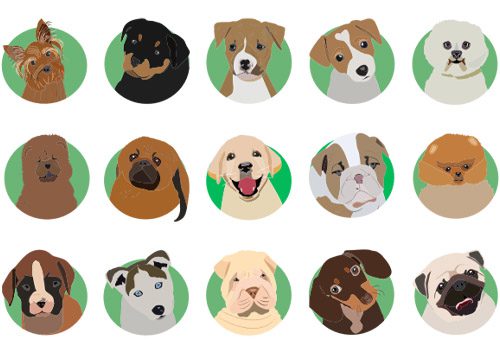is the behavior of dogs really related to their breed?


What to expect if you decide to adopt a Chihuahua or a husky? Besides their size, are their character and way of being so different? It is not that simple.
This was brought to light by American researchers and the international association of animal behavior consultants working together within the Darwin’s Ark scientific project. They explain that training a dog can change its behavior, regardless of breed, believing that education will exert an influence on its behavior.
True and false at the same time
How to explain then that certain dogs, one thinks in particular of sheepdogs, have natural aptitudes for guarding the herd? It is therefore no coincidence that the confirmation of a Lof dog is obtained from aptitude tests.
In this situation, it is true that the border collie performs better than the poodle. The explanation may lie in the fact that breeders would not spontaneously think of a poodle to protect their sheep.
However, there are characteristics specific to certain breeds. Take the example of the husky or the malamute, they like to run and run away. And it is not their owners who will tell you otherwise! You will never turn them into lapdogs.
Also, the first question to ask yourself before choosing your pet would rather be: which dog suits me? The collie, for example, is an excellent guardian, it is also a very loyal dog, attached to its masters.
Signs common to all dogs
If your four-legged friend looks at you with big eyes and erect ears, tell yourself that he is very interested in what you do (or what you eat…).
The low head and ears are a sign of submission, he fears being scolded for example. If your dog squints and accompanies this movement with a lowered ear, it is that he is expecting, “what will happen to me? I stay on my guard “.
Barking also reflects their current emotional state. You just have to observe your dog and listen carefully to understand it.
In these situations, it is not a question of distinctive signs according to races, but simply of attention.





